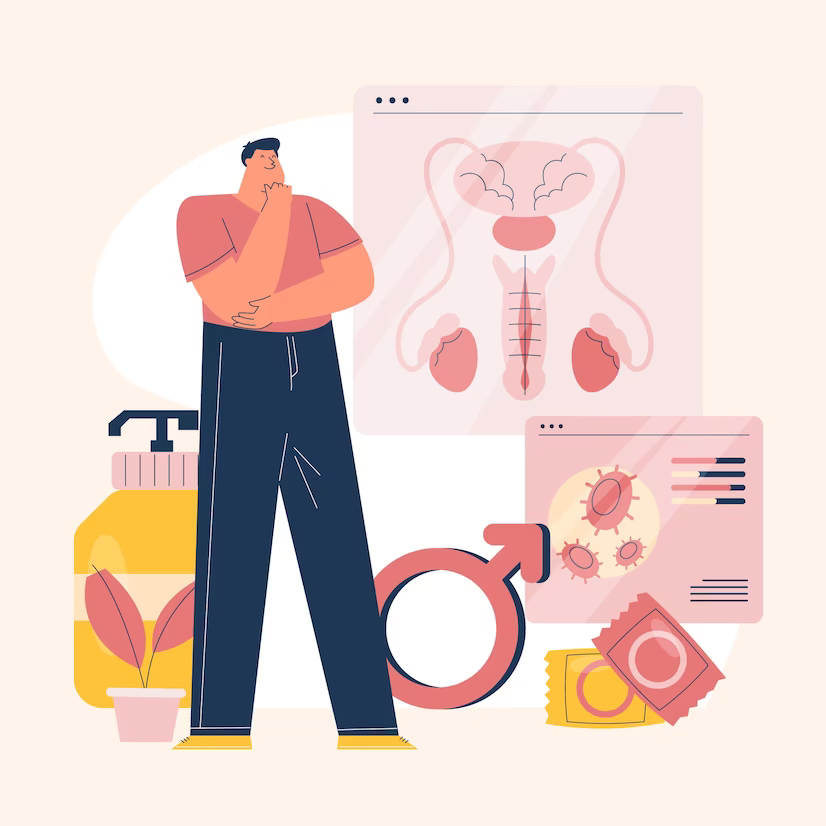Diseases | Care for Elderly | Prostate Enlargement

What is benign prostatic hyperplasia (BPH)?
BPH is a non-cancerous enlargement of the prostate gland. BPH stands for benign prostatic hyperplasia (also known as Benign Enlargement of Prostate or BEP). As age advances, the prostate gland slowly grows bigger (or enlarges). The word “benign” means the enlargement that it isn’t cancerous. The word “hyperplasia” means enlargement.
Because the prostate surrounds the urethra, when it gets bigger, it may press on the urethra. This may pose difficulty in passing urine. The individual usually seeks medical advice for these urinary problems rather than complaints of prostate
What happens in BPH?
As the prostate enlarges, the capsule or membrane surrounding it stops it from expanding, causing the gland to press against the urethra like a clamp on a garden hose. As a result, the bladder has to work harder to empty the urine. Thus the gland becomes thicker and prone to excessive contractions. The bladder begins to contract even when it contains small amounts of urine, causing more frequent urination. Over the time, this extra effort causes the bladder muscle to weaken and lose the ability to empty itself. As a result urine remains in the bladder even after urination. The combination of these problems leads to the discomfort and complications associated with an enlarged prostate.
What causes BPH?
It is still uncertain as to what causes BPH, but it may be linked to changes in hormone levels caused by the ageing process.
Throughout their lives, men produce testosterone, an important male hormone, and small amounts of estrogen, a female hormone. As men ages, the amount of active testosterone in the blood decreases, leaving a relatively higher proportion of estrogen. Studies done have suggested that BPH may occur because the relatively higher amount of estrogen, which within the gland increases the activity of substances that promote cell growth.
It appears that some cases of BPH may be forms of prostatitis. Patients with the same symptoms are often diagnosed with prostatitis if they are under 50 and with BPH if they are older. There is also speculation that untreated prostatitis can eventually become BPH.
Common symptoms of an enlarged prostate?
Most symptoms of BPH start gradually over the time. Many symptoms of BPH stem from obstruction of the urethra and gradual loss of bladder function. The symptoms of BPH vary, but the most common ones are as follows,
1) Urinary frequency (especially at night)
2) Urinary urgency
3) Decreased force of stream
4) Difficulty in starting to pass urine (Hesitancy)
5) Sensation of incomplete emptying
6) Dribbling of urine especially at the end of the stream.
7) Burning on urination; chills and fever whenever infection has set in
8) Overflow incontinence or total retention: As the condition worsens, the bladder cannot expel urine and it becomes distended. This can cause swelling and pain in the abdomen. If the pain is severe or if only a few drops of urine can be passed, this is called acute urinary retention and needs immediate medical treatment
